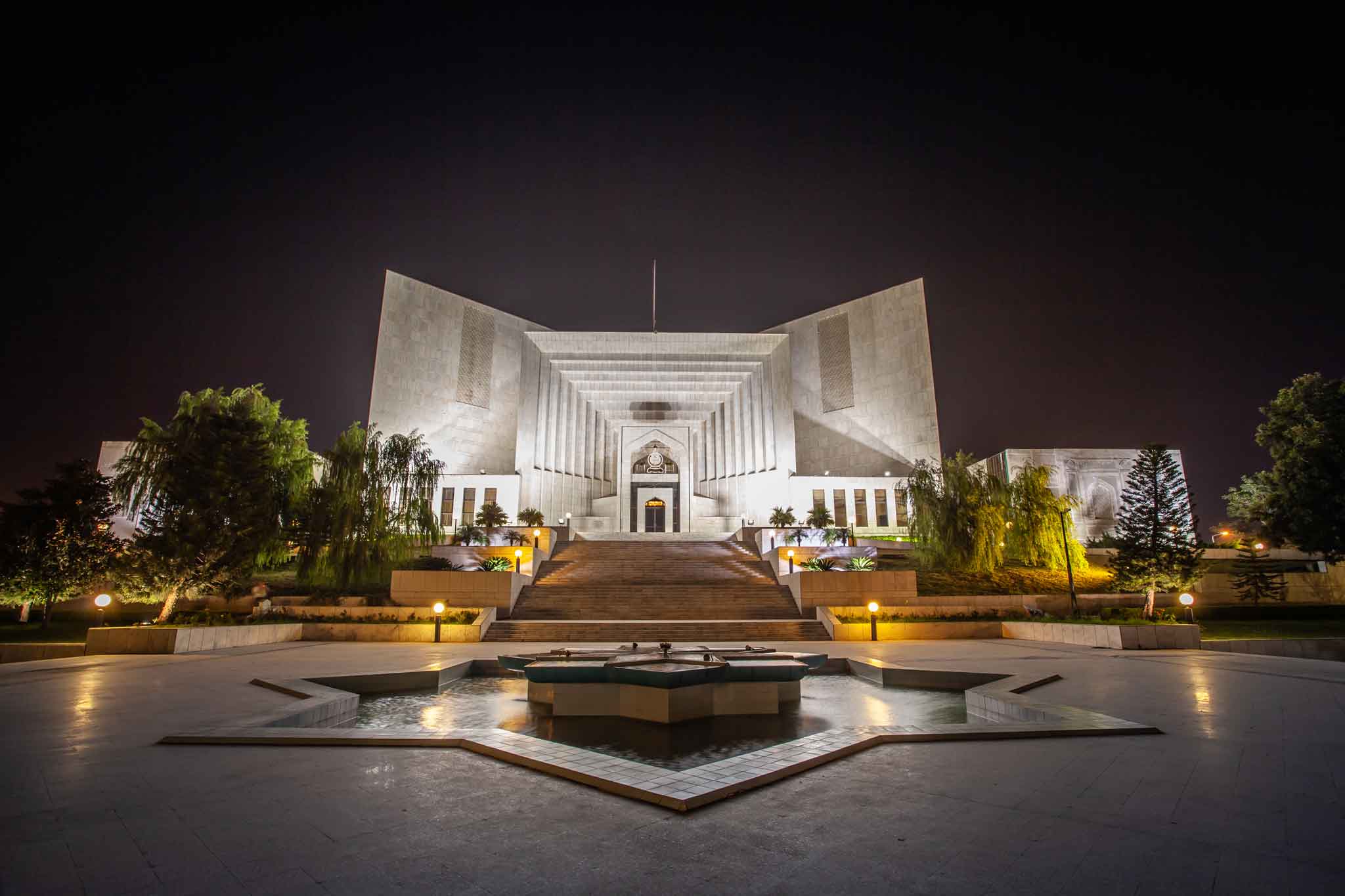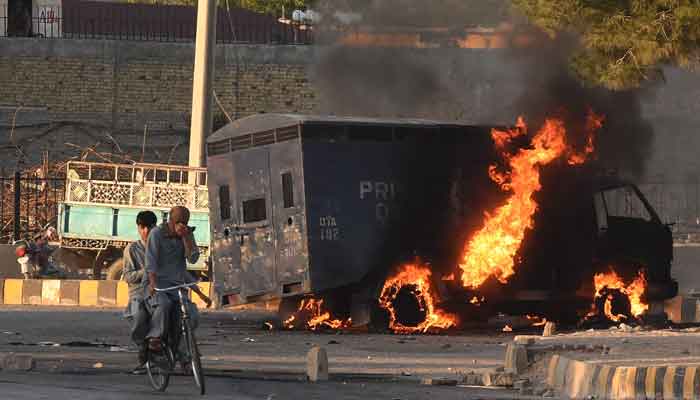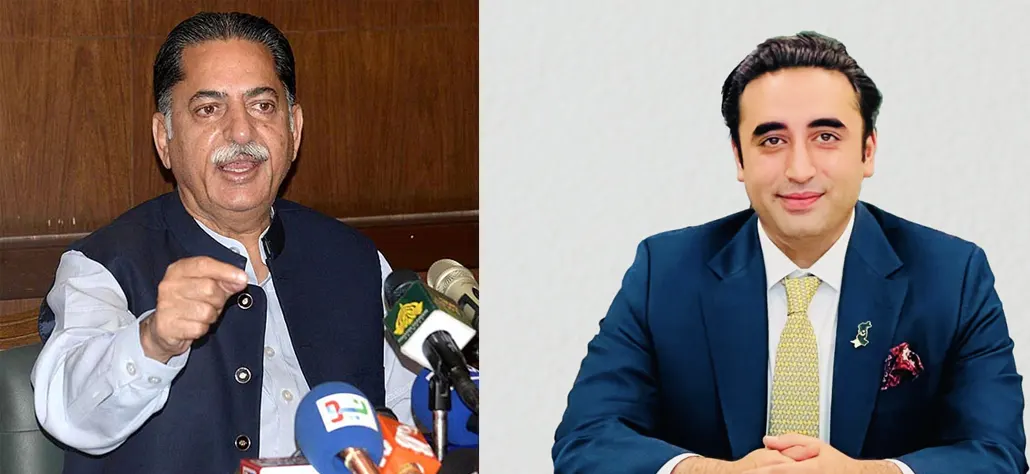SC Halts LHC Decision on Election Officers, Clearing Path for February 8 Polls

The Supreme Court of Pakistan nullified the Lahore High Court’s (LHC) decision to halt the training of District Returning Officers (DROs) and Returning Officers (ROs).
A three-member bench, led by Chief Justice of Pakistan Qazi Faez Isa and including Justices Mansoor Ali Shah and Sardar Tariq Masood, was constituted to address the matter. At the outset of the hearing, Chief Justice Isa inquired from the Election Commission of Pakistan’s (ECP) lawyer, Sujeel Swati, about the early election schedule, questioning the earlier date of February 8. Swati explained the time constraints in issuing the election schedule and assured the court of the Commission’s commitment to conducting timely elections.
Justice Sardar Tariq Masood stressed the imperative nature of holding the elections despite challenges. Swati highlighted an application filed by Umer Niazi of PTI in the Lahore High Court, prompting Chief Justice Qazi Faiz Isa to inquire whether Niazi’s application was individual or on behalf of the party. The ECP’s lawyer clarified that Umer Niazi, as the Additional Secretary General of PTI, filed the application at the party level, challenging the appointment of administrative officers for ROs and DROs and seeking nullification under Sections 50 and 51 of the Election Act.
The Chief Justice noted Justice Ijaz-ul-Ahsan’s absence from the bench and sought clarification from Justice Mansoor Ali Shah, emphasizing the importance of senior judges joining the bench as per the Supreme Court Practice and Procedure Act. The Commission’s lawyer discussed the government’s role in providing the list of Returning Officers, stating the petitioners’ desire for judicial officers to oversee the process.
Justice Mansoor Ali Shah questioned the timing of challenging this clause, while Swati pointed out the Election Commission’s previous correspondence with the judiciary seeking judicial officers. The Chief Justice expressed concerns about a potential delay in the elections, referencing the Islamabad High Court’s lack of response and the Peshawar High Court’s advice to refer to the Judicial Policy Making Committee.
Swati reiterated the ECP’s priority to involve judiciary-appointed returning officers. The Chief Justice questioned Niazi’s intent in urging the High Court to issue a writ against its own court, reminding that the Supreme Court had previously decided on the elections based on PTI’s petition.
The electoral watchdog appealed to the apex court against the Lahore High Court’s order, which halted the training of district returning officers (DROs) and returning officers (ROs), impacting the polling process. The controversy initiated on December 11 when the ECP announced the commencement of training for newly appointed ROs, primarily bureaucrats selected to oversee the vital role of conducting fair and transparent elections. However, the plan faced an obstacle when the Lahore High Court temporarily suspended the ECP’s decision on Wednesday night, raising questions about the legality of appointing bureaucrats to these crucial positions.


